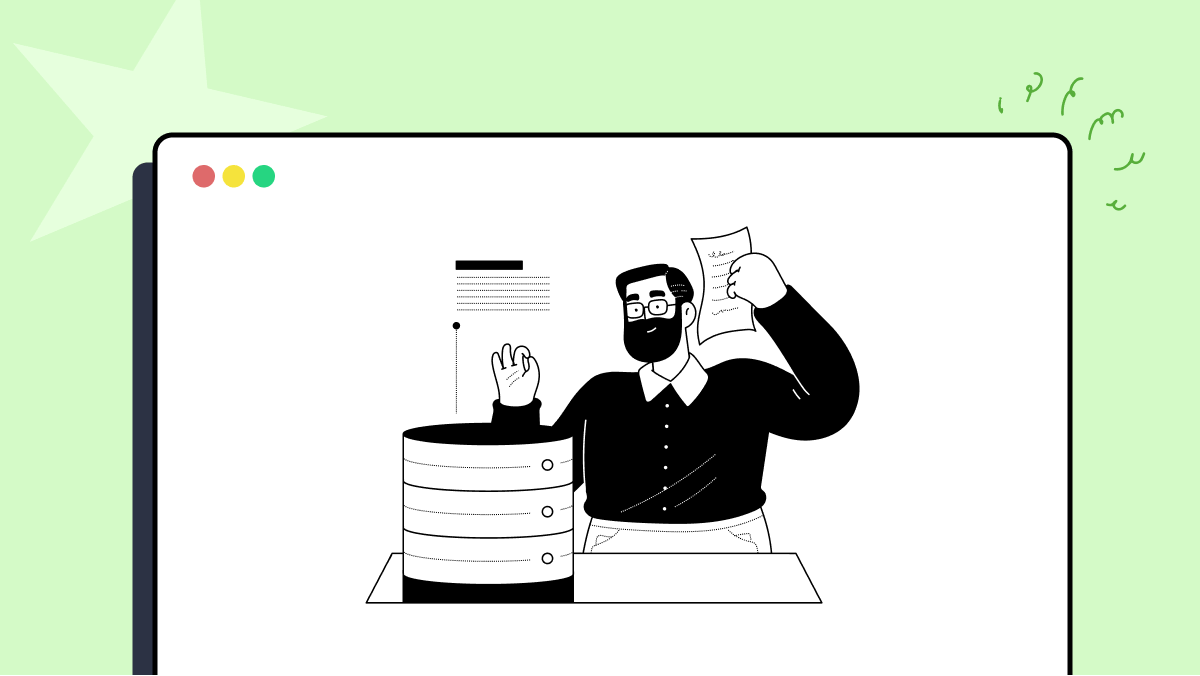How to use check_dpdk_support method in lisa
Best Python code snippet using lisa_python
dpdkutil.py
Source:dpdkutil.py
...217 lspci = node.tools[Lspci]218 log.info(f"Node[{node.name}] LSPCI Info:\n{lspci.run().stdout}\n")219 # check compatibility first.220 try:221 check_dpdk_support(node)222 except UnsupportedDistroException as err:223 # forward message from distro exception224 raise SkippedException(err)225 # verify SRIOV is setup as-expected on the node after compat check226 node.nics.wait_for_sriov_enabled()227 # create tool, initialize testpmd tool (installs dpdk)228 testpmd: DpdkTestpmd = node.tools.get(229 DpdkTestpmd,230 dpdk_source=dpdk_source,231 dpdk_branch=dpdk_branch,232 sample_apps=sample_apps,233 )234 # init and enable hugepages (required by dpdk)235 init_hugepages(node)...common.py
Source: common.py
...3from lisa import Node4from lisa.operating_system import Debian, Oracle, Redhat, Suse, Ubuntu5from lisa.util import UnsupportedDistroException6DPDK_STABLE_GIT_REPO = "https://dpdk.org/git/dpdk-stable"7def check_dpdk_support(node: Node) -> None:8 # check requirements according to:9 # https://docs.microsoft.com/en-us/azure/virtual-network/setup-dpdk10 supported = False11 if isinstance(node.os, Debian):12 if isinstance(node.os, Ubuntu):13 supported = node.os.information.version >= "18.4.0"14 else:15 supported = node.os.information.version >= "10.0.0"16 elif isinstance(node.os, Redhat) and not isinstance(node.os, Oracle):17 supported = node.os.information.version >= "7.5.0"18 elif isinstance(node.os, Suse):19 supported = node.os.information.version >= "15.0.0"20 else:21 # this OS is not supported...Blogs
Check out the latest blogs from LambdaTest on this topic:
Were you able to work upon your resolutions for 2019? I may sound comical here but my 2019 resolution being a web developer was to take a leap into web testing in my free time. Why? So I could understand the release cycles from a tester’s perspective. I wanted to wear their shoes and see the SDLC from their eyes. I also thought that it would help me groom myself better as an all-round IT professional.
Continuous integration is a coding philosophy and set of practices that encourage development teams to make small code changes and check them into a version control repository regularly. Most modern applications necessitate the development of code across multiple platforms and tools, so teams require a consistent mechanism for integrating and validating changes. Continuous integration creates an automated way for developers to build, package, and test their applications. A consistent integration process encourages developers to commit code changes more frequently, resulting in improved collaboration and code quality.
Technical debt was originally defined as code restructuring, but in today’s fast-paced software delivery environment, it has evolved. Technical debt may be anything that the software development team puts off for later, such as ineffective code, unfixed defects, lacking unit tests, excessive manual tests, or missing automated tests. And, like financial debt, it is challenging to pay back.
Automation Testing Tutorials
Learn to execute automation testing from scratch with LambdaTest Learning Hub. Right from setting up the prerequisites to run your first automation test, to following best practices and diving deeper into advanced test scenarios. LambdaTest Learning Hubs compile a list of step-by-step guides to help you be proficient with different test automation frameworks i.e. Selenium, Cypress, TestNG etc.
LambdaTest Learning Hubs:
- JUnit Tutorial
- TestNG Tutorial
- Webdriver Tutorial
- WebDriverIO Tutorial
- Protractor Tutorial
- Selenium 4 Tutorial
- Jenkins Tutorial
- NUnit Tutorial
- Jest Tutorial
- Playwright Tutorial
- Cypress Tutorial
- PyTest Tutorial
YouTube
You could also refer to video tutorials over LambdaTest YouTube channel to get step by step demonstration from industry experts.
Try LambdaTest Now !!
Get 100 minutes of automation test minutes FREE!!



